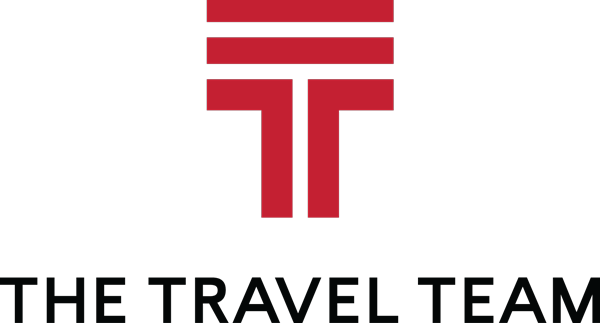Extended business travel (EBT) is on the rise as working habits change. Remote work, bleisure travel, and other flexible practices have led this shift. Business trips have become longer since 2019, with several industry organizations, including Hilton, noting sizable increases in the average length of hotel stays around the world. Extended business travelers include employees who travel either domestically or internationally for a prolonged period of time without permanently relocating. Corporate travel managers creating EBT programs and business travelers themselves must consider several factors to ensure a smooth, efficient mid-term travel experience.
Extended Business Travel Considerations for Travel Managers
Develop Clear Extended Business Travel Policy
It’s important to outline a detailed EBT policy for your organization. That starts with identifying what constitutes EBT. Industry standards generally view EBT as lasting between 30 and 90 days. While writing policy, be as thorough as possible to remain consistent and in compliance with key challenges, including taxes, immigration, and employee tracking.
Tax Compliance
EBT will likely have tax implications for both employees and companies. For example, business travelers may see additional income and taxes, while companies might see additional corporate tax requirements. Seek tax experts to work with your organization to write policy and inform both travelers and corporate leaders what they should expect.
Immigration Compliance
If your travel program plans to send team members abroad, it’s critical to be aware of immigration requirements. Entry and work permit and visa requirements are changing. For instance, the European Union is set to require travelers from 60 previously exempt countries, including the US, to have a visa to enter the country starting in 2025. Work with immigration experts to anticipate what documentation your business travelers need to conduct business and live temporarily abroad.
Employee Tracking
Travel managers should implement real-time employee tracking measures as a matter of compliance, cost management, and duty of care. The number of trips made to each destination, length of stay, and work performed are essential metrics to remain in compliance with state or federal laws, as well as ensure travelers are safely accounted for while away on business.
Accommodation Selection
Staying in a standard hotel room for a short business trip is comfortable, but being there for several weeks or months can feel confining. Ideally, EBT accommodations should offer most home-like amenities such as fully equipped kitchens, laundry facilities, free Wi-Fi, fitness centers, or even pet-friendly rooms. These options help contribute to happier, more productive employees.
Cost Management
To manage costs, work with hotels, extended stay spaces, and transportation services to negotiate special rates. Closely monitoring expenses also plays a critical role in curbing costs. Use expense management tools to track lodging, meals, and other incidentals.
Health and Safety Protocols
Above all, providing a safe environment for team members is paramount. EBT accommodations should have secure entry points with 24/7 support and safety vetting to protect travelers. It’s also important for employees to have access to healthcare services and understand emergency plan procedures in the event of illness or injury.
Considerations for Corporate Extended Stay Travelers
Preparation for Long Stays
Since employees will be away from home for weeks or months at a time, packaging a single suitcase isn’t likely to be sufficient. Business travelers should pack versatile clothing for casual and formal situations, all essential personal care items, and any equipment they need to be productive that isn’t already available to them either at their accommodations or workspaces. Understanding local climate and weather conditions, as well as cultural dress code if applicable, will be key when packing.
Work-Life Balance
While away on business, it can be tricky to feel truly off the clock. Employees should communicate with travel managers and corporate leaders to establish boundaries for working hours and downtime. Consider seeking out shared workspaces to meet locals and make connections.
Expense Management
Business travelers should also track their personal expenses during extended trips away. These metrics are important for reimbursement programs, budget management, and possibly taxes depending on the location. If a company provides employees with per diems or expense allowances, travelers will need to keep receipts and log these expenses.
Cultural and Language Familiarity
Employees staying in foreign countries or areas with unique cultural identities may benefit from learning local customs, business etiquette, and basic language. Organizations should consider prepping business travelers on these skills before their departure to avoid misunderstandings and forge stronger relationships with locals.


